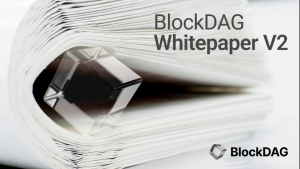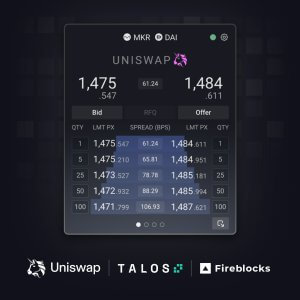Santander Investment Securities agrees to pay fine as a part of FINRA settlement
Between December 2012 and June 2014, Santander failed to reasonably supervise its Credit Trading Desk which executed 163 fixed income transaction pairs that were non-bona fide.

Santander Investment Securities Inc. has agreed to pay a fine of $30,000 as a part of a settlement with the United States Financial Industry Regulatory Authority (FINRA).
During the period December 1, 2012 through June 30, 2014 (the “Review Period”) Santander failed to reasonably supervise its Credit Trading Desk which executed 163 fixed income transaction pairs that were non-bona fide. In each instance, three traders on Santander’s Credit Trading Desk caused the firm to buy (sell) fixed income securities from/to another broker-dealer as the counterparty and then, during the same day in virtually all cases, sold/bought the same bonds to/from the same counterparty.
The 163 transaction pairs were reported to the Trade Reporting and Compliance Engine (“TRACE”). These transaction pairs were executed at market prices set by Santander traders. There was generally a price difference of .02 to .03 cents between the two legs of the transactions (i.e., the buy and the sell). This price difference represented the amount paid by Santander to the other broker-dealer to execute these transactions. These transactions violated FINRA Rules 2010 and 5210.
The transactions at issue were executed by the Credit Trading Desk, which only has institutional customers. During the review period, the Madrid Risk Department sent emails to traders on the Credit Trading Desk, the Head of the Desk, and certain supervisors, identifying bonds that were about to age or had aged.
The Madrid Risk Department would apply a “provision” to fixed income positions maintained longer than the holding period. A provision was an unrealized loss that applied to the overall Credit Trading Desk, not to individual traders. If there were provisions in place during the last month of the fiscal year, those provisions would be factored into the Credit Trading Desk’s profit and loss calculation.
Starting in December 2012, the Head of the Desk told the traders on the Credit Trading Desk that they could conduct these type of transaction pair trades to control provisions.
From December 2012 through the end of the review period, three traders, including the Head of the Desk, engaged in these transactions to reset the holding period for bond positions that were approaching or were in excess of the aging period. The traders did not attempt to conceal the transactions. However, Santander was not aware of the purpose of the transactions during the review period.
FINRA explains that the transaction pairs described above were not bona fide because they involved no transfer of risk or ultimate change in beneficial ownership, were not conducted at negotiated prices, and were with the same counterparty over a short period of time. The transactions had no legitimate economic purpose. As a result, traders at Santander caused the publication of non-bona fide transactions.
Furthermore, during the review period, Santander failed to detect the 163 non-bona fide transactions. Although Santander had a supervisory system, including written supervisory procedures, requiring daily review of the Credit Trading Desk’s transactions, there was no required review for non-bona fide transactions. Moreover, Santander’s supervisory personnel were unaware of Banco Santander’s risk management policy and, therefore, did not understand or appreciate the risk that firm traders may engage in non-bona fide trading.
Additionally, Santander’s compliance personnel were unaware of the impact of the “provision” deduction to the Credit Trading Desk’s P&L under Banco Santander’s risk management policy.
As a result, Santander failed to establish and maintain a supervisory system, including written supervisory procedures in violation of NASD Rule 3010(a)-(b) and FINRA Rule 2010.
On top of the fine, Santander agrees to a censure and an undertaking to revise the firm’s supervisory system and written supervisory procedures.









